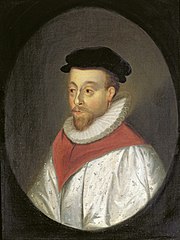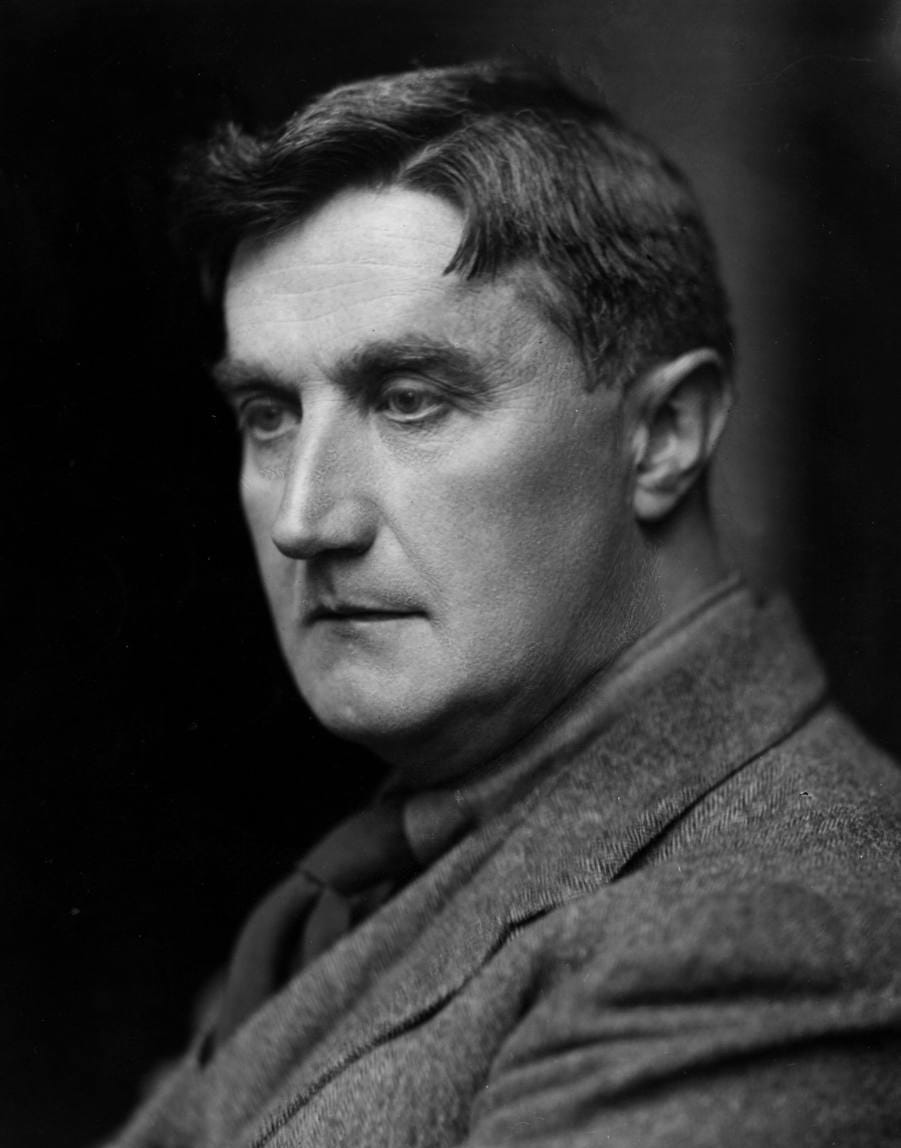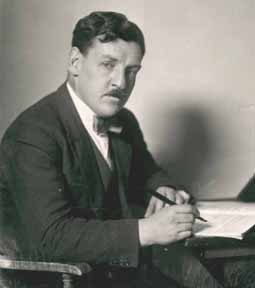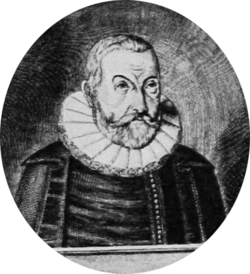"This is the record of John" Orlando Gibbons (1583-1625)
This is typical anthem of its time. It is based on text from the Gospel of John (1:19 -23) and refers to John the Baptist. It is divided into 3 sections each starting with solo countertenor followed by SATB chorus echoing the words of the soloist. Although usually performed on organ or viol, today Joanna Chivers (our Director of Music) played an electric piano on "harpsichord" mode which added an "early music" feel to the piece.
The anthem was written at the request of William Laud, president of St John's College, Oxford.
Gibbons sang in he choir of Kings College Cambridge between 1598 and 1598, where his eldest brother was master of the choristers. He gained his Bachelor of Music in 1606. King James 1 appointed him a Gentleman of the Chapel Royal, and he was organist there from around 1615 until his death, being senior organist from 1623. He was also a keyboard player in the privy chamber of Prince Charles (later Charles 1) and organist at Westminster Abbey. He died suddenly at the age of 41.
 |
| From Wikipedia |
Jubilate Deo in B flat Charles Villiers Stanford
Sir Charles Villiers Stanford (1852-1924) thought to be one of our great British composers was actually Irish, born in Dublin, although educated at The University of Cambridge and then studied music in Leipzig and Berlin.
Whilst an undergraduate, he was appointed organist of Trinity College, Cambridge and was one of the founding professors of the Royal College of Music, where he taught composition for the rest of his life. He was also Professor of Music at Cambridge. His pupils included Gustav Holst and Ralph Vaughan Williams whose fame went on to surpass his own.
He is best remembered for his sacred choral compositions for church performance in the Anglican tradition. Along with Hubert Parry and Alexander Mackenzie, he was thought responsible for the renaissance of music in the British Isles.
Taken from the Novello Copy:
Sir Charles Villiers Stanford has a perverse relationship with posterity. Remembered today largely for his choral miniatures, this restless symphonist was the unwilling Janus of British music. A significant presence on the European scene in his own lifetime, he was an outspoken critic of Wagner, Strauss and modernism in general. Nevertheless, as a formalist with flair and skill, his influence catalysed much of the great English Music of the 20th century. As fellow composer George Dyson said: "In a certain sense the very rebellion he fought was the most obvious fruit of his methods". The Jubilate in B flat displays the composer's trademark of thematic structures.
 |
| From Wikipedia |













